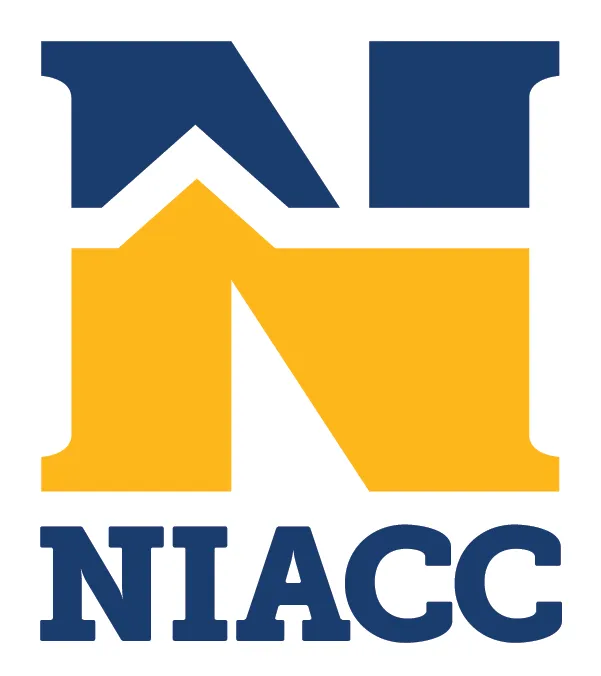Security Basics
Basic Security Policies for NIACC Student Housing Students
In order to protect their personal computers connected to NIACC’s Student Housing network.
Introduction
The Internet is the main source of information for academic research and, for many, a source of entertainment. On the other hand, it is also known as a “hostile” network because it represents the possibility of different attacks to information and computers connected to the Internet. Since NIACC Student Housing students have the Internet connection, they need to be aware of the digital insecurity in the network. Students are exposed to many risks and that is why a set of minimum security-measures are recommended in order to reduce significant threats as much as possible.
The Student Housing Wireless Network is a service offered to students owning computers and living in NIACC residence halls or apartments. Student Services and Technology Services collaborate to support and provide administration for the service.
Security Expectations
Strong passwords:
A good password will follow these rules:
- Different from previous one
- Has 7-8 characters, both upper and lower case
- Has at least one character that is not a letter or digit
- Is not in the dictionary of any language
- Is not a two-word combination
- Is not a date or phone number
- Is not a Social Security, automobile license, or other ID number
- Does not contain part of any name, nickname, or username
- Is not an alphabetic, numeric, or keyboard sequence
File and Print Sharing:
It is very important to have the file and print sharing disabled. In this way intrusions cannot access to the information resources of students. To turn off File & Print Sharing students can follow these steps:
- Go to Start/Settings/Control Panel
- Open Network Connections
- Right-Click on the network connection being used for the wireless service, choosing ‘Properties’
- Disable ‘File & Print Sharing’ by removing the check mark from the option
Antivirus:
It is recommended for all students to have an updated Antivirus installed in their computers. We should encourage students to get the Antivirus and also to be regularly updated with latest versions. It is useless to have an Antivirus not updated recently.
Data Backups:
Students should make backup copies of the most important files on their PC’s as frequently as it is changed or updated.
Firewalls & Personal Firewalls:
NIACC has installed firewalls and other protection tools that protect the entire network.
A personal Firewall can prevent attackers from connecting to the student’s machine. Generally, using personal firewalls it is possible to reduce the risk of internal attacks to the network as well as invasion through remote systems. The information is very well protected; however DoS (Denial of Service) attacks can be implemented. And the propagation of those malicious programs could become very easy. Without a Firewall all those computers are directly accessible to anyone on the Internet. An attacker can make FTP or Telnet connections and exploit the hole. A personal firewall lets user access the Internet but prevents the Internet from accessing user’s computer.
Education:
Microsoft maintains detailed security information for their products at http://www.microsoft.com/security/. All students should be encouraged to check that site at least once a month.
